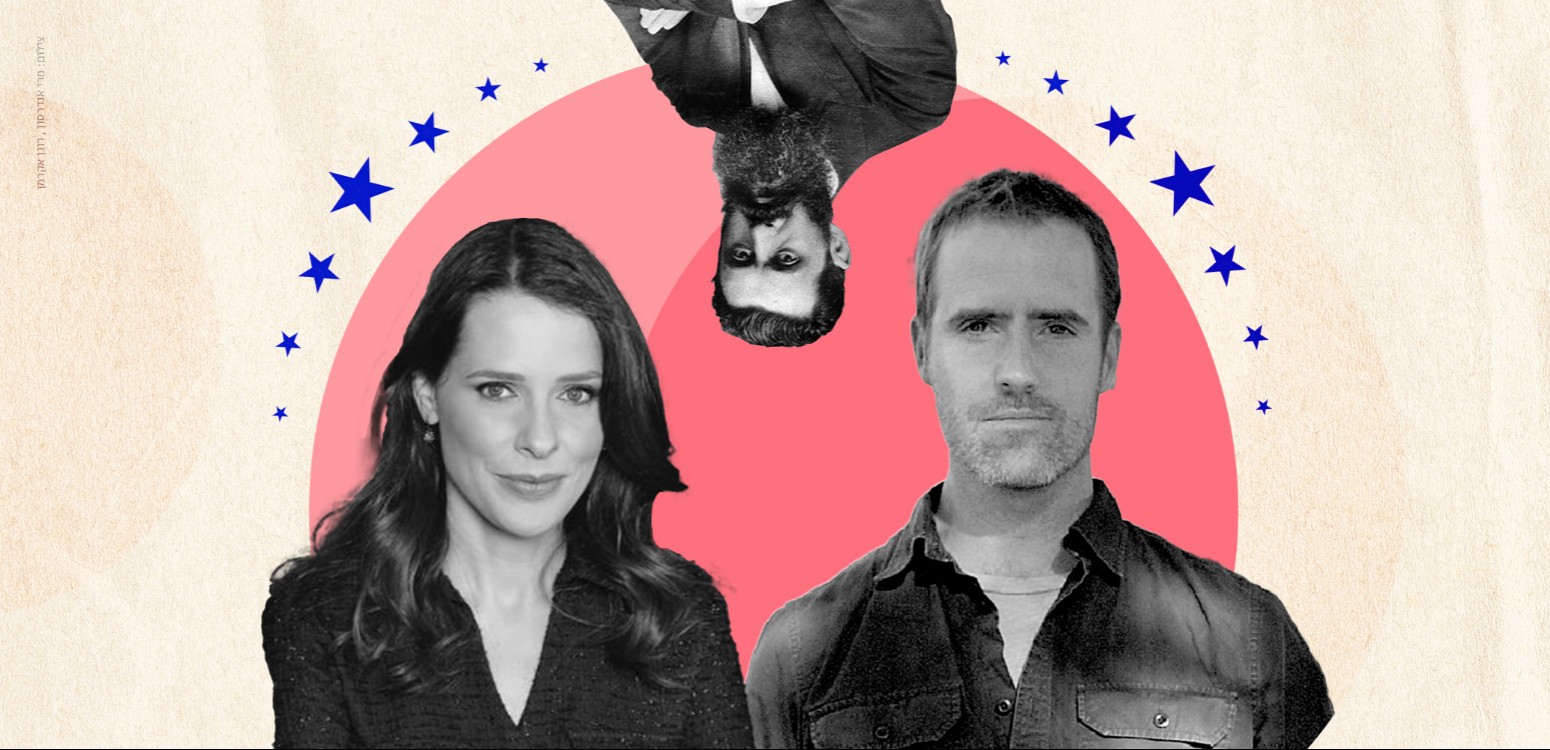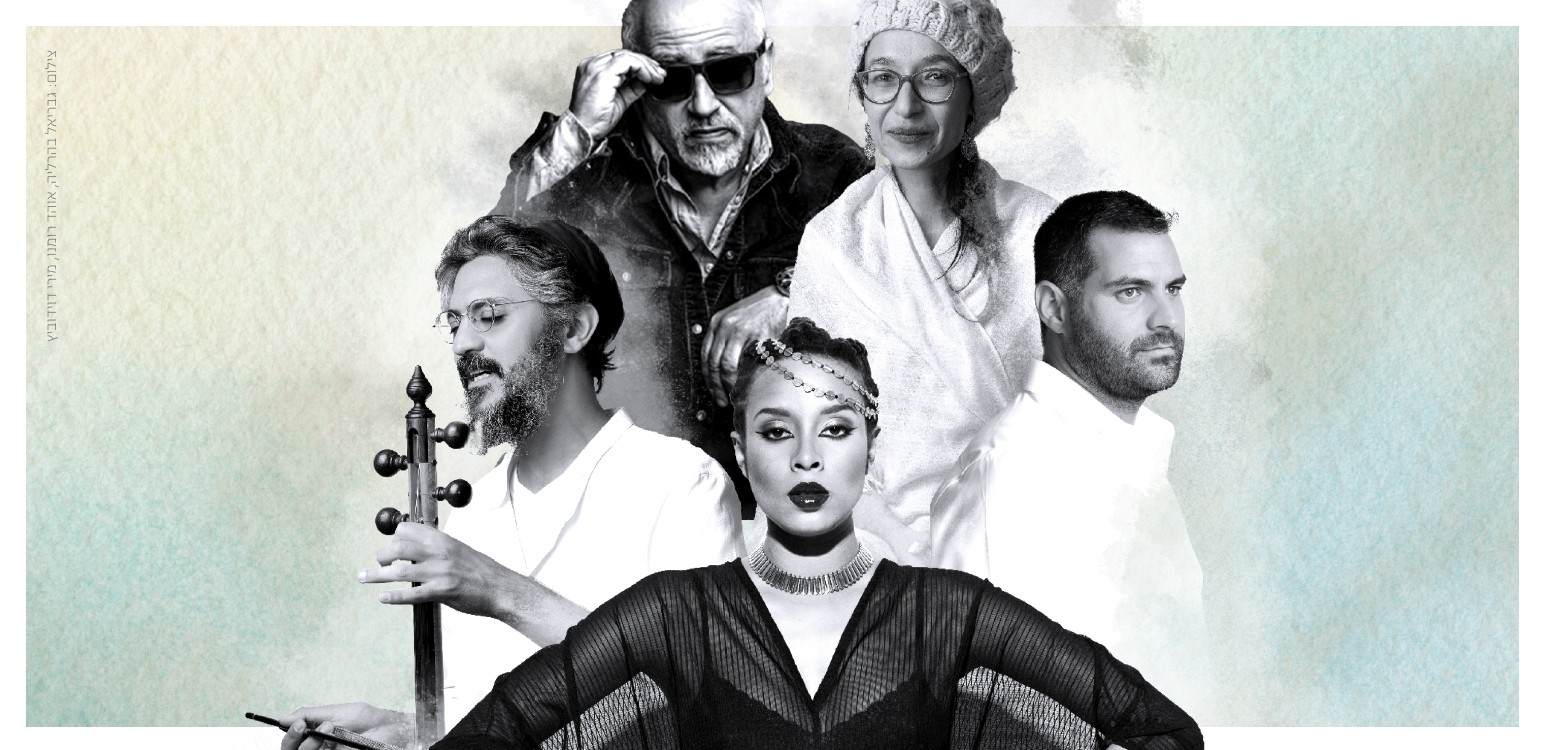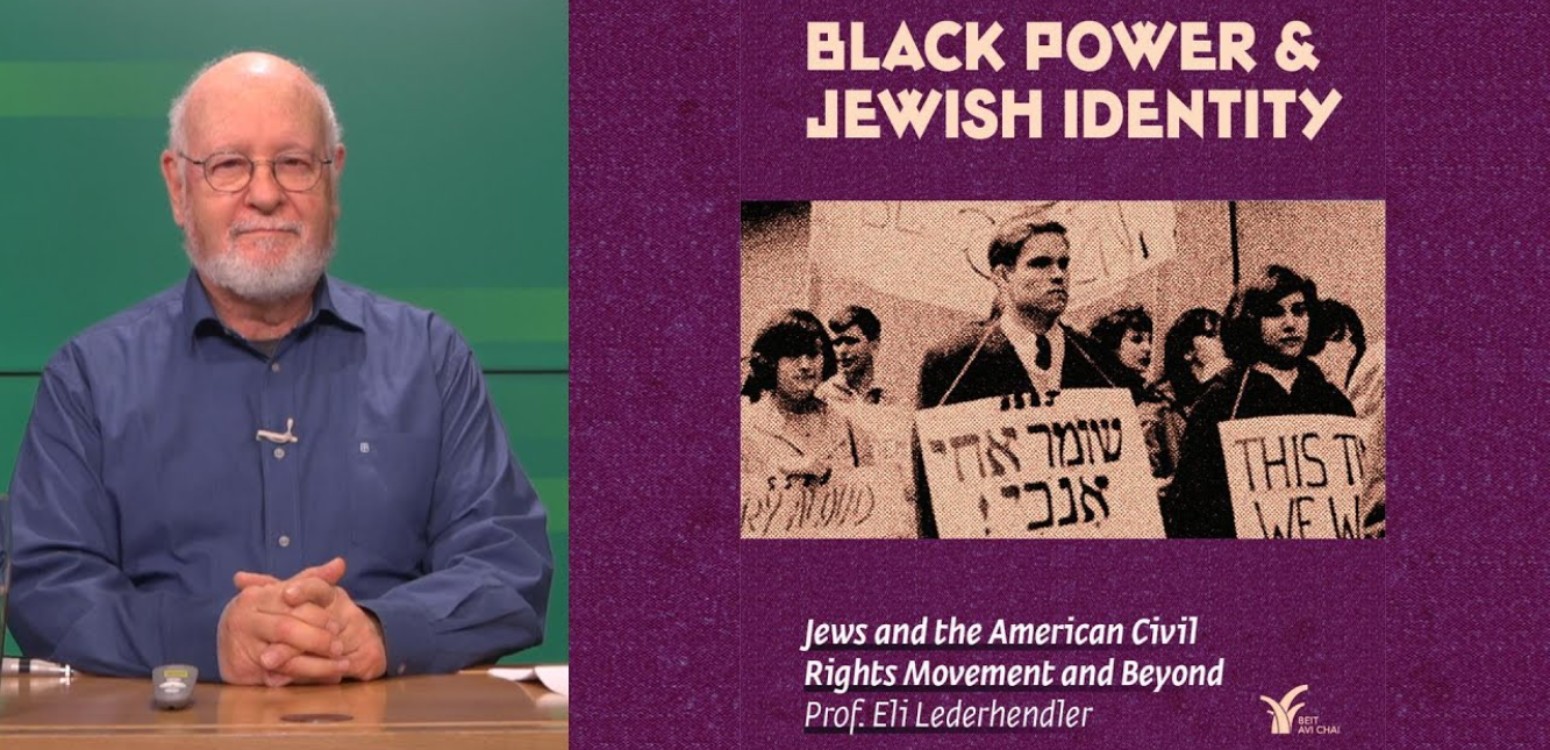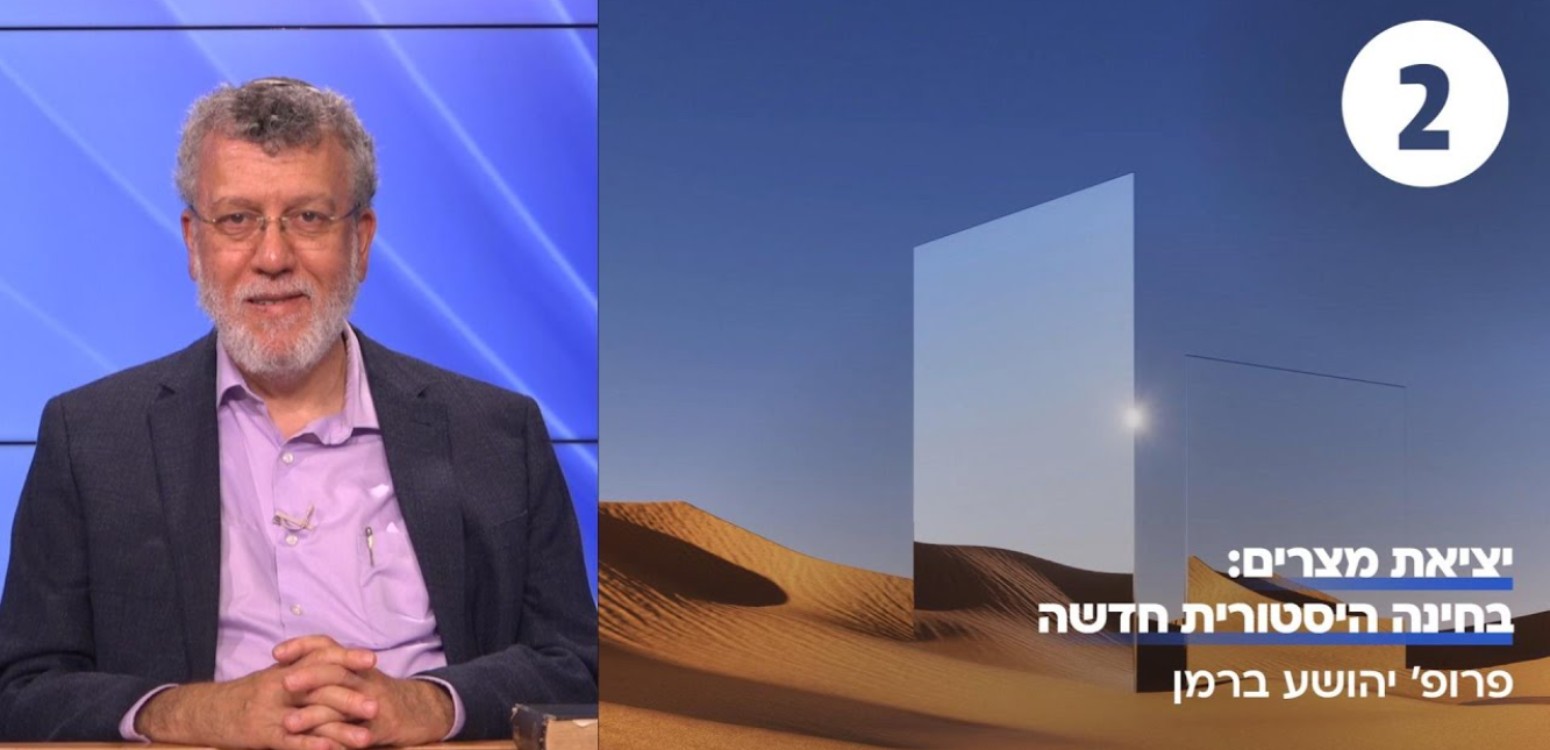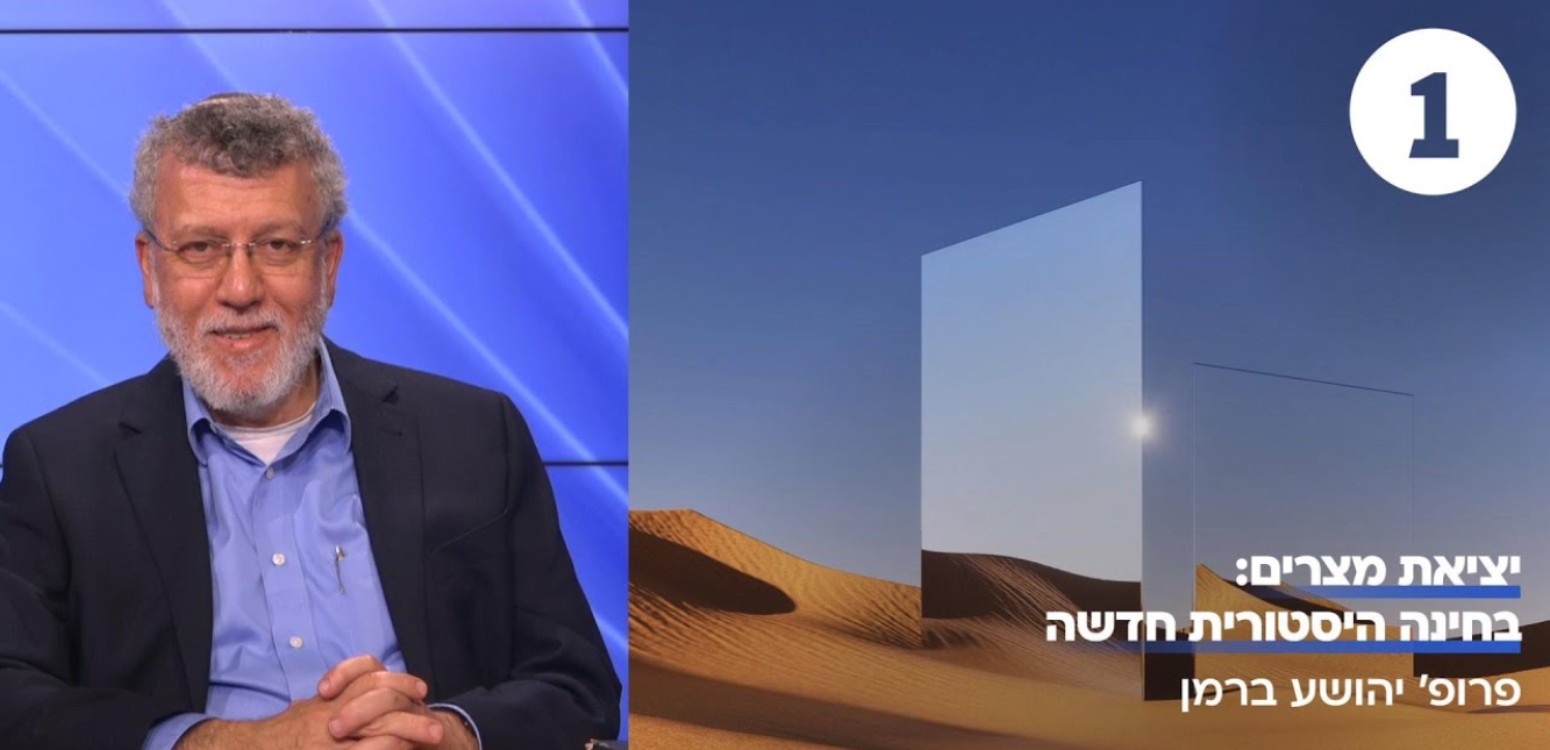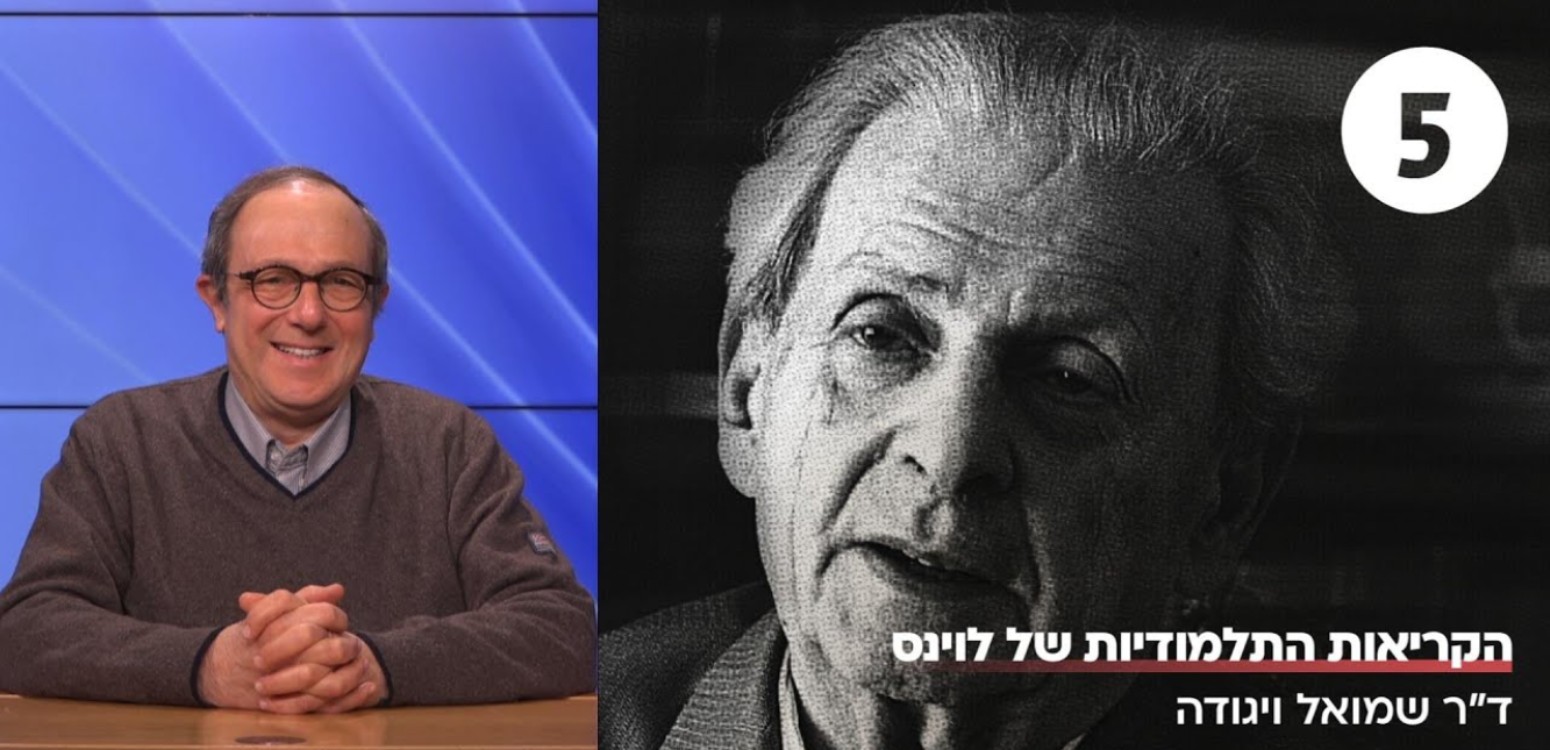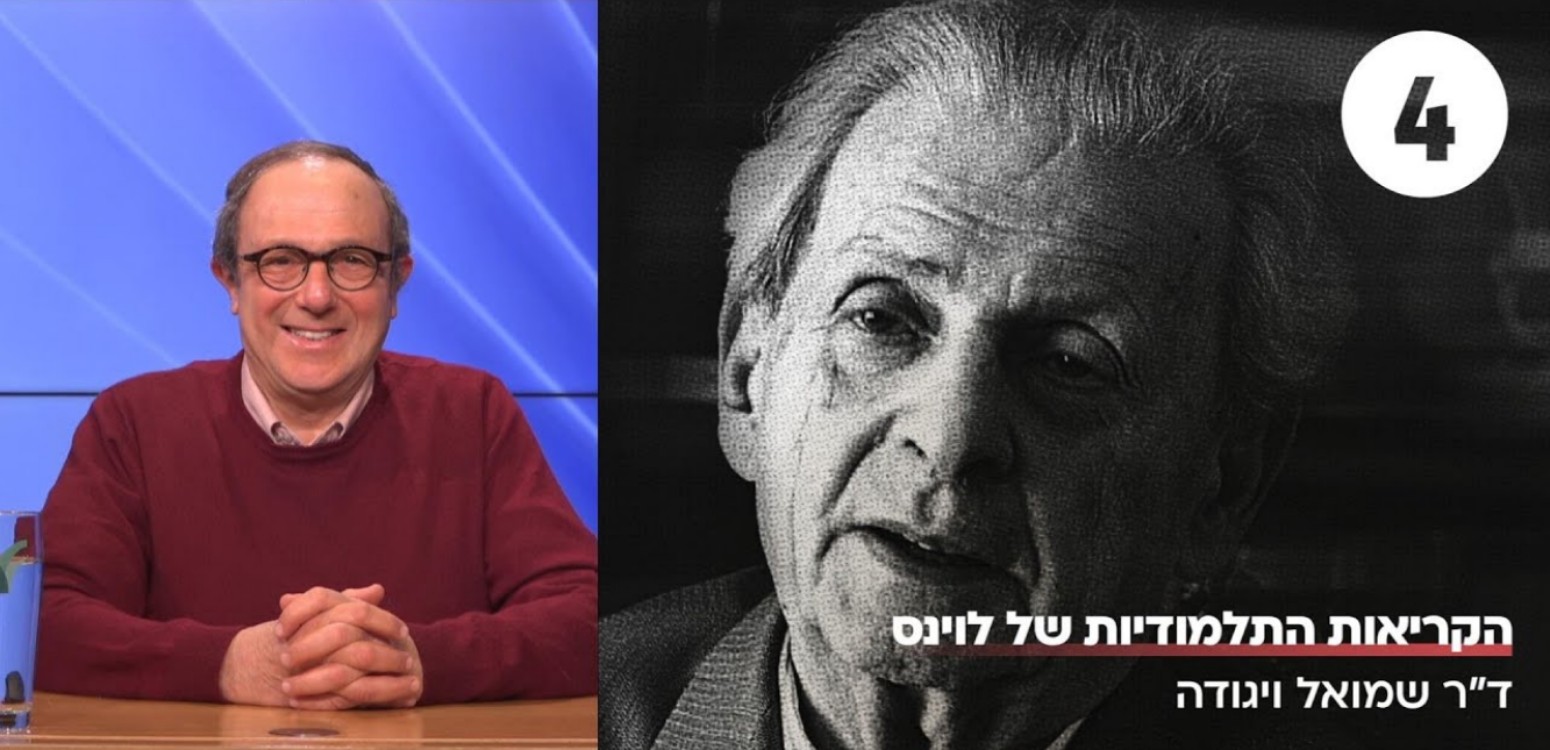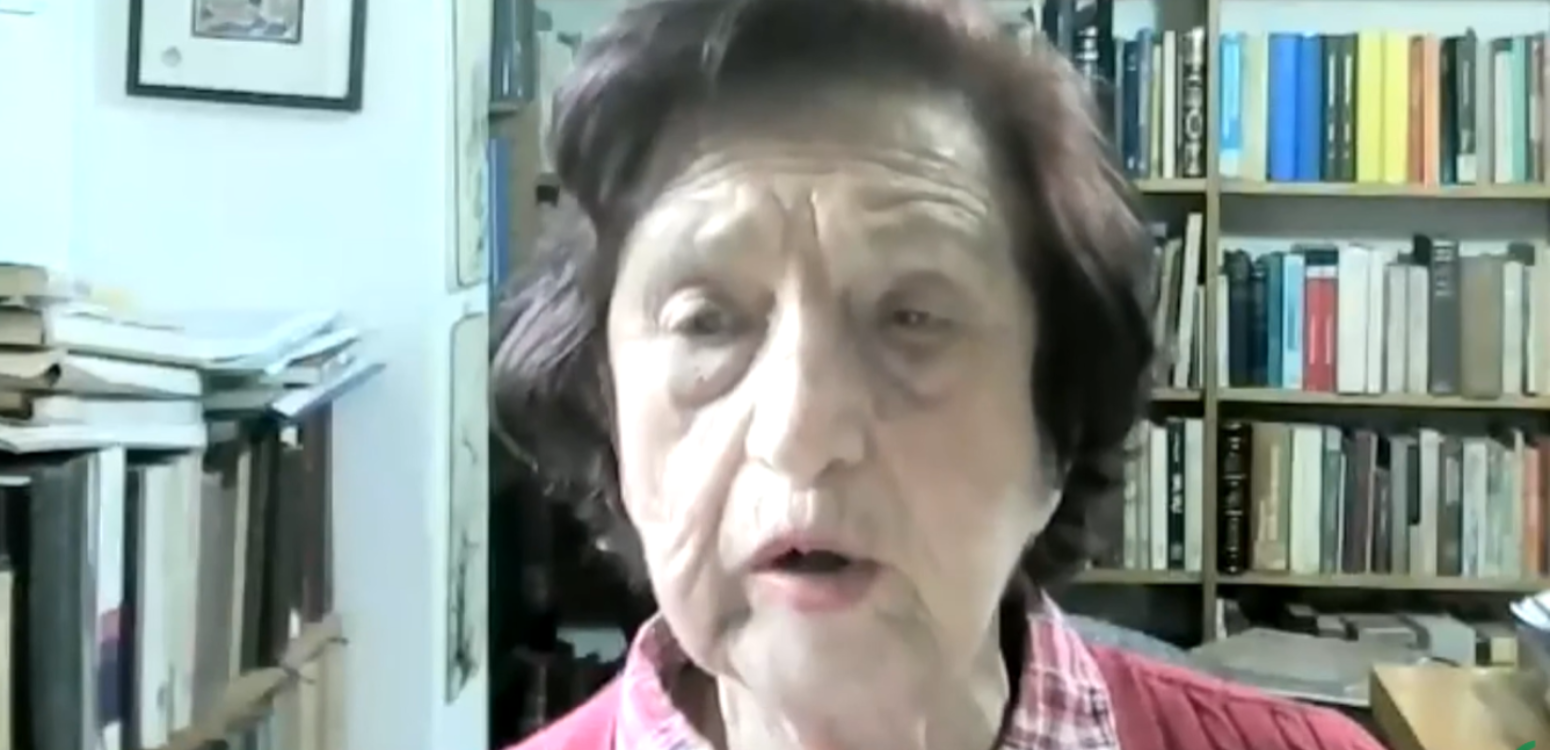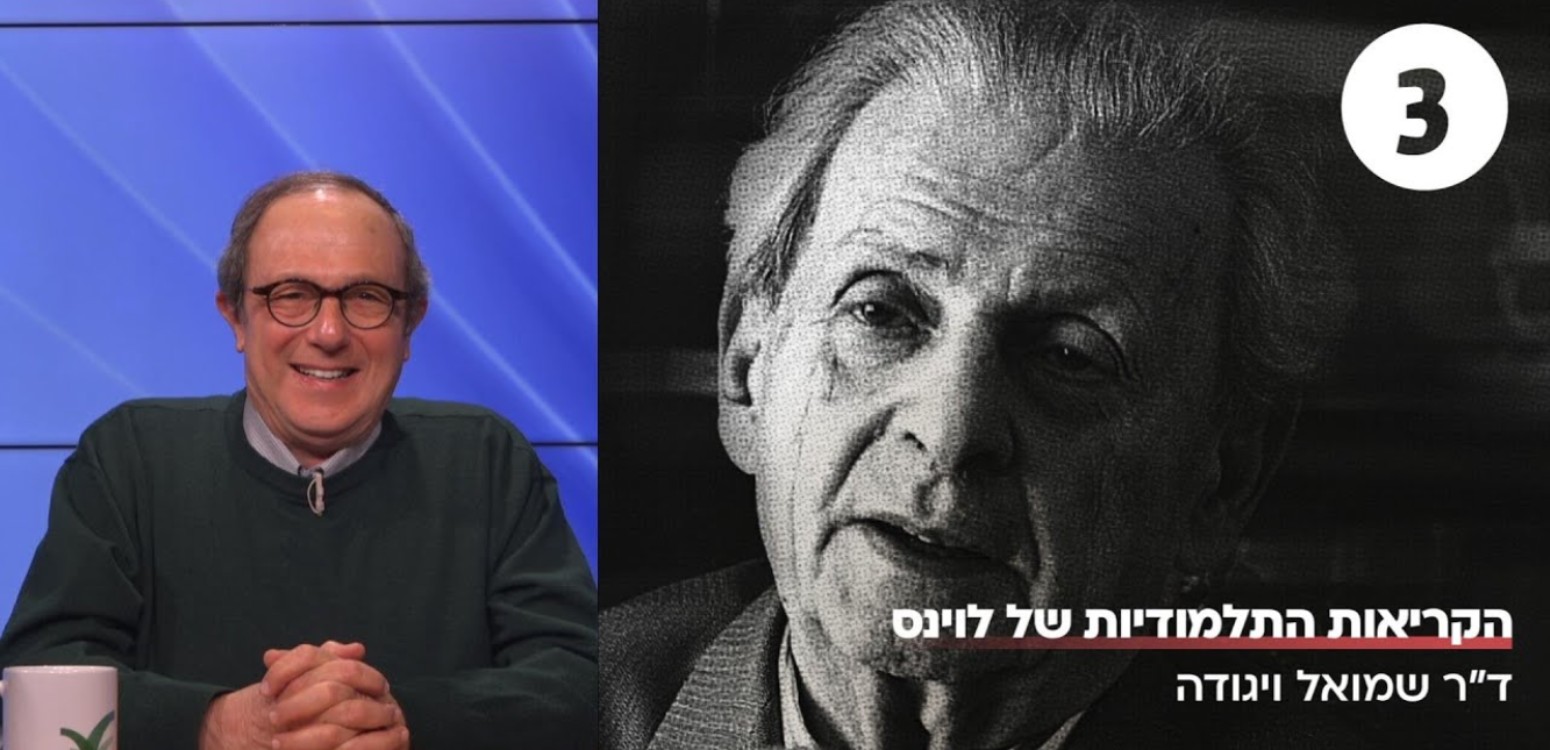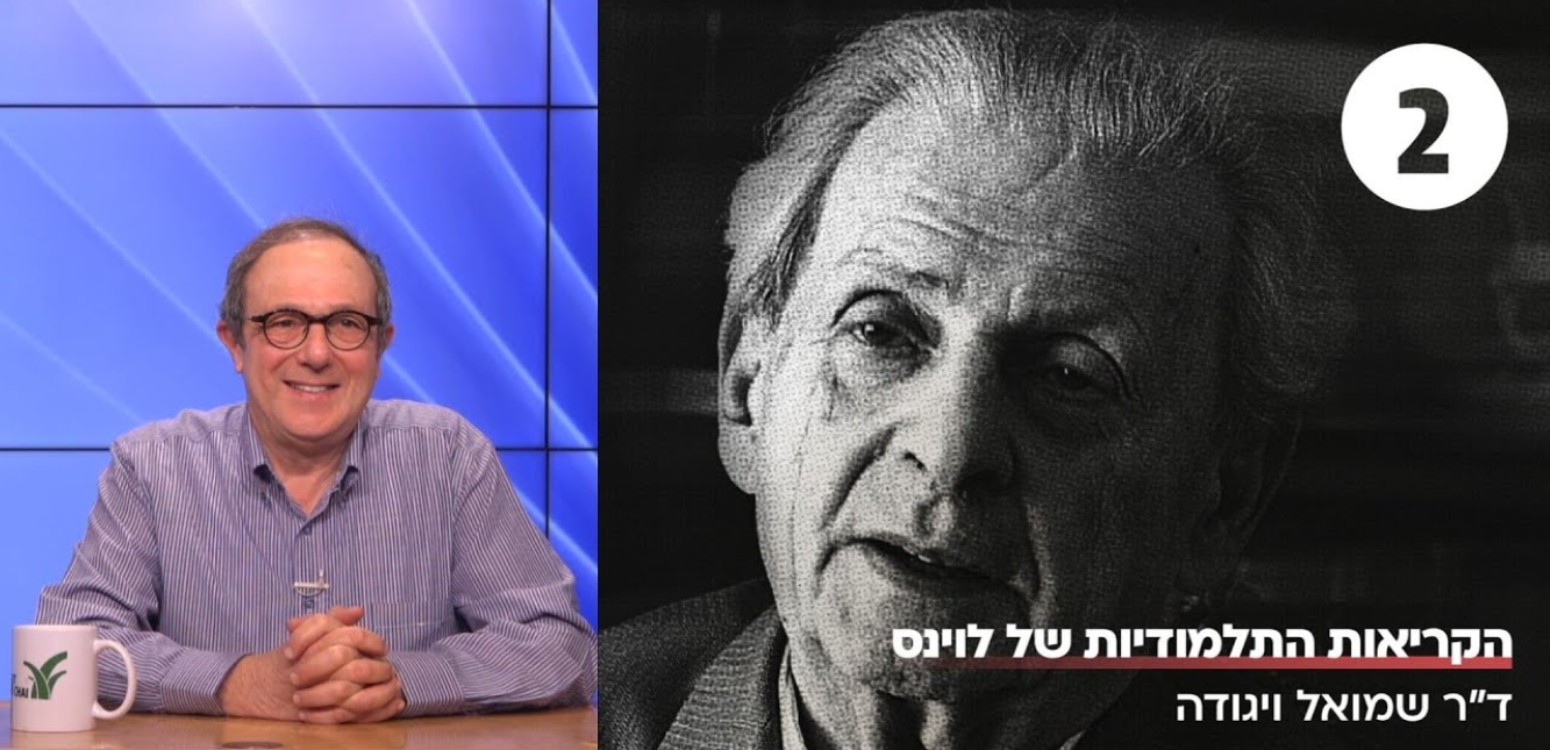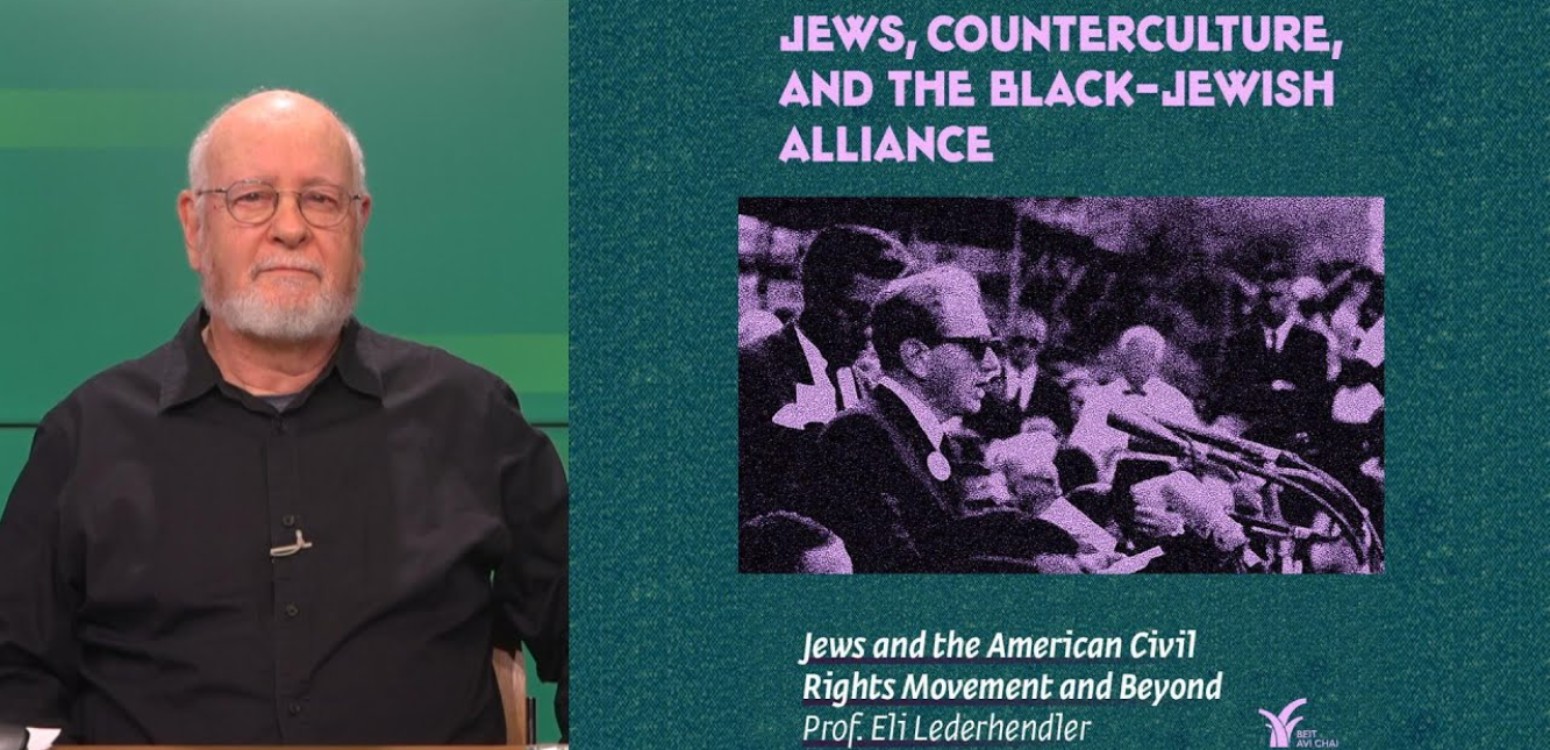
At the age of 89, the mythological sexologist Dr. Ruth Westheimer is sharper than ever. In anticipation of her talk at Beit Avi Chai about "sexuality in the Jewish tradition", she explains why Judaism's attitude towards sex is so great
At the age of 89, the mythological sexologist Dr. Ruth Westheimer is sharper than ever. In anticipation of her talk at Beit Avi Chai about "sexuality in the Jewish tradition", she explains why Judaism's attitude towards sex is so great, what's the strangest thing that a couple has ever asked her, what she thinks about one-night stands, what's the problem with today's youngsters and why polyamory is doomed to fail
If you ask Dr. Ruth Westheimer, Jews love talking about sex: "For us, Jews, sex has always been a duty and a mitzvah among married couples," she explains, "so it’s permissible to speak openly about all these things. In fact, it’s not only permissible; You even should talk about it and make your life as a couple lighter and happier. For me, throughout my professional life, it has also been easier to talk about sex openly and blatantly because I am Jewish."
And why do you think this is the case? Are Jews more liberal?
"No, I don't think that Jews are more or less liberal than others, but in Judaism sex is not treated as something dirty or forbidden. Sex has never been a crime. It has always been something that the husband and wife must have on Friday night, with an emphasis on pleasure and satisfaction, not only on reproduction. But I'm talking about married couples, yes? Not just taking someone to a hotel," she laughs.
The female orgasm is also a mitzvah
At the age of 89, Dr. Ruth Westheimer is still the world's most famous sexologist, and the name "Dr. Roth" has become iconic thanks to Westheimer's extraordinary persona, with her pink trouser suits, her witty smile, and her hickey accent. The bold and humorous way in which she talked about sex, has changed the discourse on sex and sexual therapy in our culture and media, and has made Westheimer a popular item in magazines and talk shows around the world. Indeed, the conversation with her is full of juicy stories, surprising examples, incessant laughter – mostly mine – and compliments for understanding her humor, "even though you are a journalist."
Dr. Ruth Westheimer will arrive at Beit Avi Chai on August 28, for a talk about sexuality in the Jewish tradition and will also take questions from the audience (the event will be conducted in English). "Sexuality in Judaism is an issue that interests many people, not only religious people," she says, "and I think that my ideas are unusual. In my book 'Heavenly Sex' I explain that despite what many people think, sex is not perceived in Judaism only as a means of creating children; Far from it. It’s an agreement between a man and a woman to devote time to each other and to provide for the other's satisfaction and pleasure."
The image that many people have about the sex life of religious couples is very ascetic, far from pleasure. All sorts of stories about a sheet that separates the couple.
"That's total nonsense. It is explicitly written that a man can do with his wife as she and he please, that is to say, they are allowed to do everything, of course they can be naked. This whole story of the sheet and the hole is bubbe-meise (Yiddish for "grandmother's fable"). Maybe there are small groups of extremists that do this, or that used to do it, but that's just not true of the majority. Great importance is placed on the satisfaction of both partners, and that just doesn’t happen if they don't enjoy sex. I can also tell you that if the man brings his wife to satisfaction before he comes, they will have a boy. We have no scientific proof of that, but I believe it's true, and I will explain it in the talk at Beit Avi Chai. I don’t want to bring out the heavy guns now."
I'll have to remain curious for now. So you're saying that there is a real religious importance placed on pleasure, that it is important in terms of Judaism?
"Very important! You have to shout it out in the streets of Jerusalem. Both sides must know how to reach satisfaction and how to satisfy each other. There's no such thing as only he or only she. It's a mitzvah!"
Is the female orgasm also a mitzvah?
"Of course, even after the woman's menopause, the husband is still obligated to have sex with her and to satisfy her. That goes to show you how much importance Judaism places on sex. Otherwise, the concept would have been that if you can't get pregnant anymore, you don't need to have sex anymore. The mitzvah to have sex continues even after the woman can no longer conceive, and that's what it's all about. Pleasure is what's important, before anything else."
The prohibition of extracting semen in vain is one that cannot be met
I must say that I studied in religious educational institutions, and the picture you are painting is very different from what I saw. We were taught that we had to fight our sexual urges, for instance in the context of extracting semen in vain.
"Extracting semen in vain is a subject for a conversation in itself, but I will tell you this: I think that this whole thing that you're not allowed to masturbate stems from ignorance. I mean, if they had more knowledge, they would understand the absurdity of this prohibition, since there will be nocturnal emission anyway. And the fact that you get nocturnal emission anyway, is proof of the absurdity of this prohibition, because it is a sign that this is something that needs to happen. And I think it's a disaster to say about something so natural that it is forbidden. And it’s also a prohibition that cannot really be met."
 (Dr.ruth (Fhoto- Yonatan Zindel |
The discourse on sexuality in the religious sector is mainly about prohibitions. Do you think we need sex education classes in religious schools?
"Of course, one hundred percent. Not only is it important, it's a disaster that they don't know more. I don't want people to be sexually ignorant. They need to know what happens and how it happens. When they choose to have sex is a different subject, but they need to know.”
If you were the minister of education, what would be the first thing you would add to the sexual education curriculum?
"I wouldn't want to be the minister of education. I never talk about politics, because I only talk about sex from morning to evening," she laughs. "But if they asked for my advice, I would first separate the girls from the boys, to make it more comfortable for them to talk. Boys need to know about nocturnal emission, but in a healthy and nonjudgmental way. And as for girls, nowadays they get their period at a younger age than before, so it's very important that each girl knows about it in time. We have to start earlier than ever, and these subjects must be taught at schools, but first we need to have a conversation with the parents, so that they know what is going to be said in class. The parents are an important part of it. I'm not talking about a revolution, or about a move that's against someone's faith, but it's important for the kids to know that these issues have all kinds of aspects."
Still, how much room for maneuver is there? Teachers and rabbis will quote you the tractate of Sanhedrin, where it says: "There is a small organ in man which satisfies him in his hunger but makes him hunger when satisfied." That is, the only way to satisfy your sexual urges is by suppressing them.
"It's all a matter of interpretation. The sexual urge is strong and important and needs to be dealt with. How do you deal with it? You have to satisfy it, and sometimes you also have to let it stay a bit hungry for a while. Take, for example, couples who keep the laws of niddah. If the woman goes to the mikveh and that very same evening they have sex, they will have great sex, because it's been 12 days since they have last been together. It's fantastic, because it makes the couple really want to be together. In the end, you have to satisfy your sexual urge. You can't suppress it for long. That's what I understand from that."
You talk about Shabbat as a good time for having sex. What’s special about that time?
First of all: there's time. Religious Jews are not allowed to work, so there's time to rest and be with one another. Second, and more important: at the end of 'Eshet Chayil' there is one sentence that says: 'Many daughters have attained valor, but you have surpassed them all.' And this is the best sentence that a man can say to his wife on Shabbat evening. "There are many women in the world, I know, but you are the best." This sentence is, in my opinion, the most arousing thing a man can say to his wife. It's the best aphrodisiac I can think of. There's nothing you can say that is more sexually arousing than this. Only if he really means it, of course. If he really thinks that she surpasses them all."
Seriously?
"Of course! It's the best aphrodisiac I can think of. There is no saying that's more sexually arousing than this. Only if he really means it, of course. If he really thinks that she surpasses them all."
Olive picker, kindergarten teacher, sniper
Ruth Westheimer was born in Germany in 1928 as Karola Ruth Siegel to a wealthy religious family. At the outbreak of World War II, she was sent to Switzerland in the Kindertransport, where she stayed until the end of the war. Both of her parents perished in the Holocaust, and she was left without any relatives. After the war, she immigrated to Palestine, lived in Kibbutz Ramat David and changed her name to Ruth. She worked as an olive picker in the Kibbutz for a year. Later, she wanted to study medicine, but since she didn’t have a high school diploma because she never attended high school regularly, she had to settle for working as a kindergarten teacher at the kibbutz.
In 1947, she moved to Jerusalem and joined the Haganah, where she was trained as a sniper. During the 1948 Arab–Israeli War she was wounded in both of her legs during one of the bombardments. In 1950 she moved to Paris, where she studied psychology at the Sorbonne, and later she also taught there. After six years she moved to the United States and studied at Columbia University, where she received her master's degree in sociology and a doctorate in education. Westheimer has been married three times. She was married to her third husband, Manfred Westheimer, until he died in 1997. She has two children and “quite a few” grandchildren, as she puts it. Today she lives in New York and visits Israel every summer.
Despite her distinguished age, Westheimer doesn’t rest for a moment. Throughout her extensive career, she has written nearly 40 books (three of them in the past two years) and has taught at leading universities around the world, including Yale, Princeton, and Columbia University, where she is still teaching as a guest lecturer. She has hosted several television and radio programs in Israel and the United States; She lectures all over the world on sexuality; And has even given a talk on TED. On her YouTube channel, you will find dozens of videos in which she gives advices about (almost) every possible sex-related question and problem.
Do people recognize you on the street?
“Of course. Not only that; they also ask me questions. They say, 'Just a minute, I have a question.' In every restaurant I sit in, anywhere really, in public places. Sometimes I manage to answer and sometimes I say, 'You have to go to therapy, it’s impossible to answer that on the spot.’”
Do you still work as a couple therapist?
"Today I no longer work as a therapist, but if someone asks me for advice, I am happy to help. Many religious couples approach me, because I know exactly what is forbidden and what is permitted, but I usually refer them to younger therapists – let them deal with them!,” she says laughing. "From time to time some of the couples I used to treat come back and ask for one more session, and I can’t refuse them. But I've already treated thousands of patients and written so many books. It’s time to let others do some work as well.”
Which question have you been asked the most by couple?
"The question I have been asked most often is about boredom. The same way, the same day of the week – and it’s just not interesting. The second thing is that one side or both sides are so nice to each other, that when they want to have sex, it doesn’t work.”
You mean, the niceness between the couple is not sexy?
“Exactly. But I think that the most important thing is to have a good relationship between the couple. It's better to be too nice than to be mean to each other, even if the sex is better that way. There's a way to switch from niceness to a sexier way of talking. For that you need to know what to do in bed and what to say in bed, and for that you have therapists like me, who can tell you how to spice up your sex life. That’s why sexual therapy is so important."
What is the strangest problem you’ve encountered in therapy?
"There is no such thing. Next question!"
I’m not going to give up so fast.
"People always ask me that question, and I always say that for me nothing is strange anymore."
But surely at some point in your career somebody came to you with some strange problem and you said to yourself, 'God, what is this thing?'
"Once, on my radio program 'Sexually Speaking', someone called and said that his partner likes to throw onion rings on his erect penis. I admit I laughed to myself a little, but I was not shocked, nothing can surprise me."
I've heard you say of yourself that you're a conservative, but look at how you're talking completely openly about pretty bold topics.
"I'm old fashioned, I want everyone to get married, to have kids. After all, I'm a Jewish mother."
Do you believe in open relationships?
"No, it can never work. Emphasize that with an exclamation mark. I know it doesn’t work because someone always ends up falling in love or finding his or her partner of the moment more interesting. In our time, open marriages don’t work. There was one couple who wrote a book together about open marriages, and when the book came out, they divorced," she laughs.
And what about same-sex couples: gays, lesbians?
"There is no problem with that. Every person should be with whoever suits him or her.”
If you had to give the most important advice you could to a couple now, what would you say?
"I think that one of the most important things in a good relationship is once a week or once every two weeks to go out alone and not to talk about the kids. Because if you get used to talking only about the kids, then once they get older, you will have nothing to talk about. It’s very important to talk all the time. Another important advice is not to spend time with boring people, because boredom is contagious. Except for your mother-in-law. With her there is no choice.
Do you feel there is a change in the way young couples interact with each other?
"Certainly, a huge change. They know more and they also speak more openly, but there's a danger here. Young people cannot talk to each other nowadays. It's a disaster, they're always with the computer or the phone. Afraid to miss something. They don’t lift their head from the screen, they don’t talk, they text.”
Or they’re looking for one-night stands on apps.
"It's a disaster, one-night stands are a disaster. Write that in bold letters if you can. Because in order to be happy and for life to be good and satisfying, first you need to have a relationship and intimacy. After that you can have sex."
People who are in a relationship sometimes also look for sexual thrills on the Internet or – god forbid – for pornography.
"Look, in order to study sexuality today, you also need to know about these things on the Internet, because it's very important for your sex life to not be boring. I'm not talking here about what is allowed and what is forbidden in Judaism, but in terms of sexual quest, the important thing is that no one gets bored, because boredom is the end of the relationship.
"But what really matters here is the relationship between the couple, the conversation between them. You can only treat sexual problems if the relationship between the couple is good. If the relationship is not good, I send them to a lawyer, and we’re lucky that Judaism allows for divorce. I’ve often worked with couples where I saw after a few talks with them that it wasn’t going to work. Then I would say to them: Don’t waste my time and your money, go to a lawyer. And if it's a religious couple, I say go to a rabbi. But it's only in lost causes. Usually, there are plenty of things to do and ways to fix things.”
עוד בבית אבי חי




